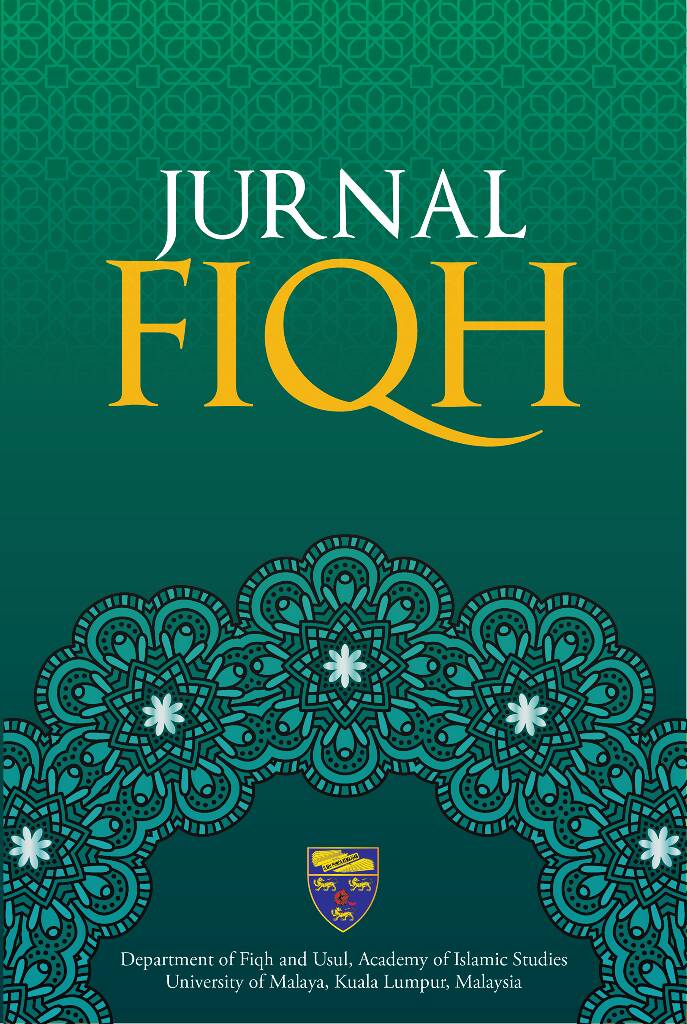Penulisan Penghakiman Menurut Perspektif Fiqh Al-Qaḍā’dan Aplikasi Mahkamah Syariah Di Malaysia
Judgment Writing According to the Perspective of Fiqh al-Qaḍā’ and the Application of Shariah Courts in Malaysia
DOI:
https://doi.org/10.22452/fiqh.vol18no2.6Keywords:
Penghakiman, Alasan Penghakiman, Hakim Syarie, Mahkamah Syariah, Arahan AmalanAbstract
Islamic management strongly emphasizes the method of writing such as the writing of wills, debts, agreements and judgments. Judgment writing is an important aspect of the justice process. The writing of judgments is emphasized by the majority of fuqaha’ to ensure transparency in judicial proceedings. The purpose of writing this article to view at the approach outlined by Fiqh al-Qaḍā regarding the writing of judgments and applications of Syariah Courts in Malaysia based on the provisions of laws and the application of Practice Direction in Syariah Courts. The writing of this manuscript has revealed that Islamic scholars have outlined the concepts of al-Sijjilāt, al-Maḥaḍar and Kitāb al-Qaḍī ilā al-Qaḍī as a process of judicial writing. Notes of proceedings and records of cases in respect of judgments are kept for the purpose of appeal and execution of judgments. This matter is also applied in the Syariah Courts in Malaysia through the approach outlined by the laws and the practice directions of the Syariah Courts. The implementation of judgment writing by Syariah Judges in Malaysia has been transformed through the e-Bicara application of the e-Syariah system and it is in line with the Fiqh al-Qaḍā ’approach.













